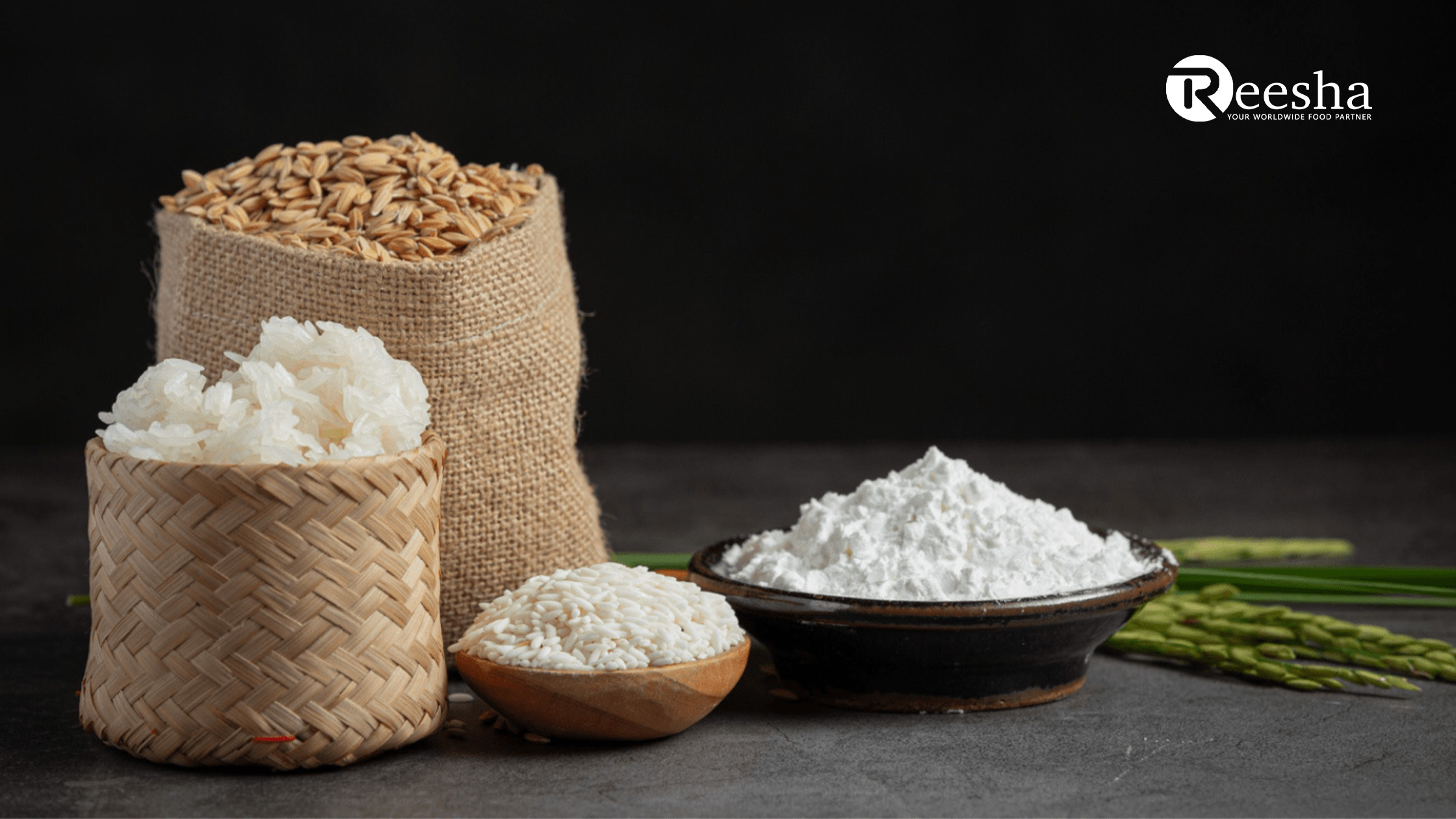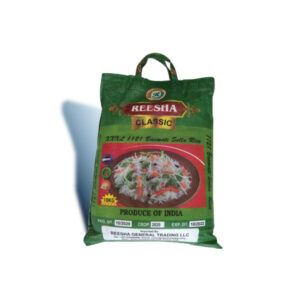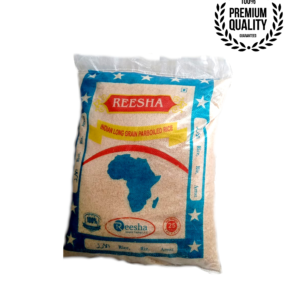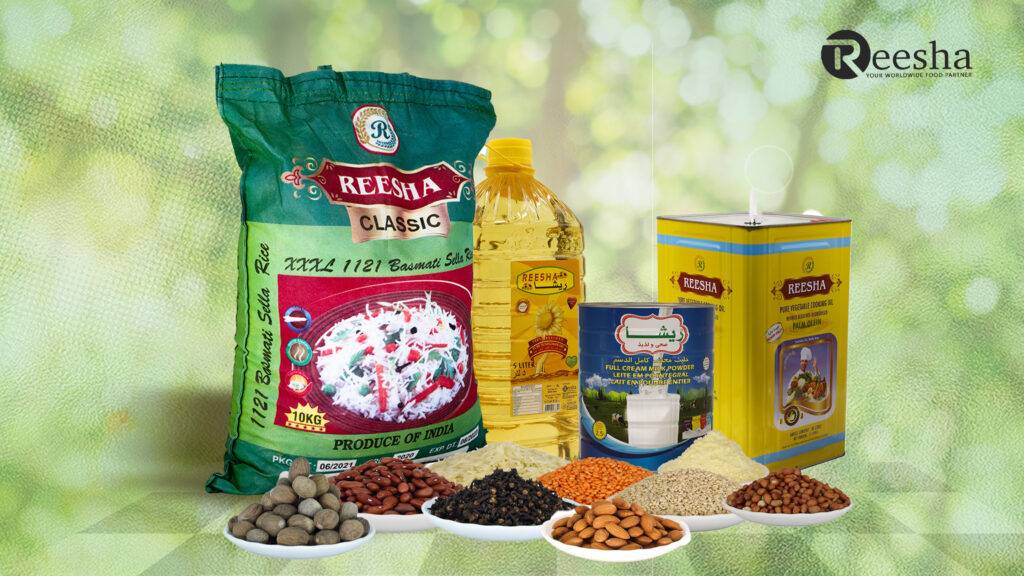
As a rice exporter, our major goal is to deliver premium-quality rice to our buyers in Nairobi, Kenya. However, finding the proper source of high-quality rice can be challenging, especially when dealing with different varieties, origins, and suppliers. In this article, we will discuss some tips and strategies that we use to source high-quality rice for export to Nairobi, Kenya.
Identify the Preferred Rice Variety in Nairobi, Kenya
The foremost step is to explore the most favored rice variety in Nairobi, Kenya. Japonica, Basmati, and Jasmine rice are some of the popular varieties in Kenya. However, the preference may vary depending on the area and the target market. Once we know the preferred rice variety, we can look for suppliers who specialize in that variety.
Verify the Supplier’s Credentials and Quality Assurance
When we recognize a supplier, we conduct due diligence to ensure that they have the necessary licenses, certifications, and quality assurance processes in place. For instance, we look for suppliers who comply with food safety standards such as HACCP, ISO, and BRC. Additionally, we ask for samples and conduct a quality assessment to ensure that the rice meets our specifications and standards.
Choose the Right Origin of Rice
The origin of rice can affect its taste, aroma, and texture. Therefore, we consider the origin of the rice when sourcing high-quality rice. Some of the popular origins of rice include India, Thailand, Pakistan, and Vietnam. However, we also look for other origins that may offer unique tastes and quality.
Consider the Pricing and Transportation Costs
Pricing is a crucial factor when sourcing rice. We compare the pricing of different suppliers to ensure that we get the best value for our money. Additionally, we consider the transportation costs and logistics when sourcing rice. We choose suppliers who can provide competitive pricing and reliable transportation services.
Establish a Long-Term Relationship With the Supplier
Once we find a reliable supplier who provides high-quality rice, we establish a long-term relationship with them. This helps us to secure a steady supply of rice, negotiate better pricing, and receive personalized services. Additionally, it helps us to build trust and improve the quality of the rice we export.
Rice Export to Nairobi, Kenya: Conclusion
In conclusion, exporting high-quality rice to Nairobi, Kenya is a complex process that requires research, due diligence, and strategic partnerships. As a rice exporter, it is important to understand the preferences and demands of the Kenyan market, identify the preferred rice variety, and find reliable suppliers who can provide high-quality rice at a competitive price. Additionally, establishing a long-term relationship with the supplier can help secure a steady supply of rice, negotiate better pricing, receive personalized services, and improve the quality of the rice exported. By following these tips and strategies, we at Reesha General Trading are confident that we can continue to deliver high-quality rice to our customers in Nairobi, Kenya and contribute to the growth of the Kenyan rice industry.
FAQ
Japonica, Basmati, and Jasmine rice are some of the popular varieties in Nairobi, Kenya.
We conduct due diligence to ensure that the supplier has the necessary licenses, certifications, and quality assurance processes in place. We also ask for samples and conduct a quality assessment to ensure that the rice meets our specifications and standards.
When choosing a rice supplier for export to Nairobi, Kenya, consider their credentials, quality assurance processes, origin of the rice, pricing, transportation costs, and reputation in the market. Additionally, choose a supplier that specializes in the preferred rice variety in Nairobi, Kenya.






